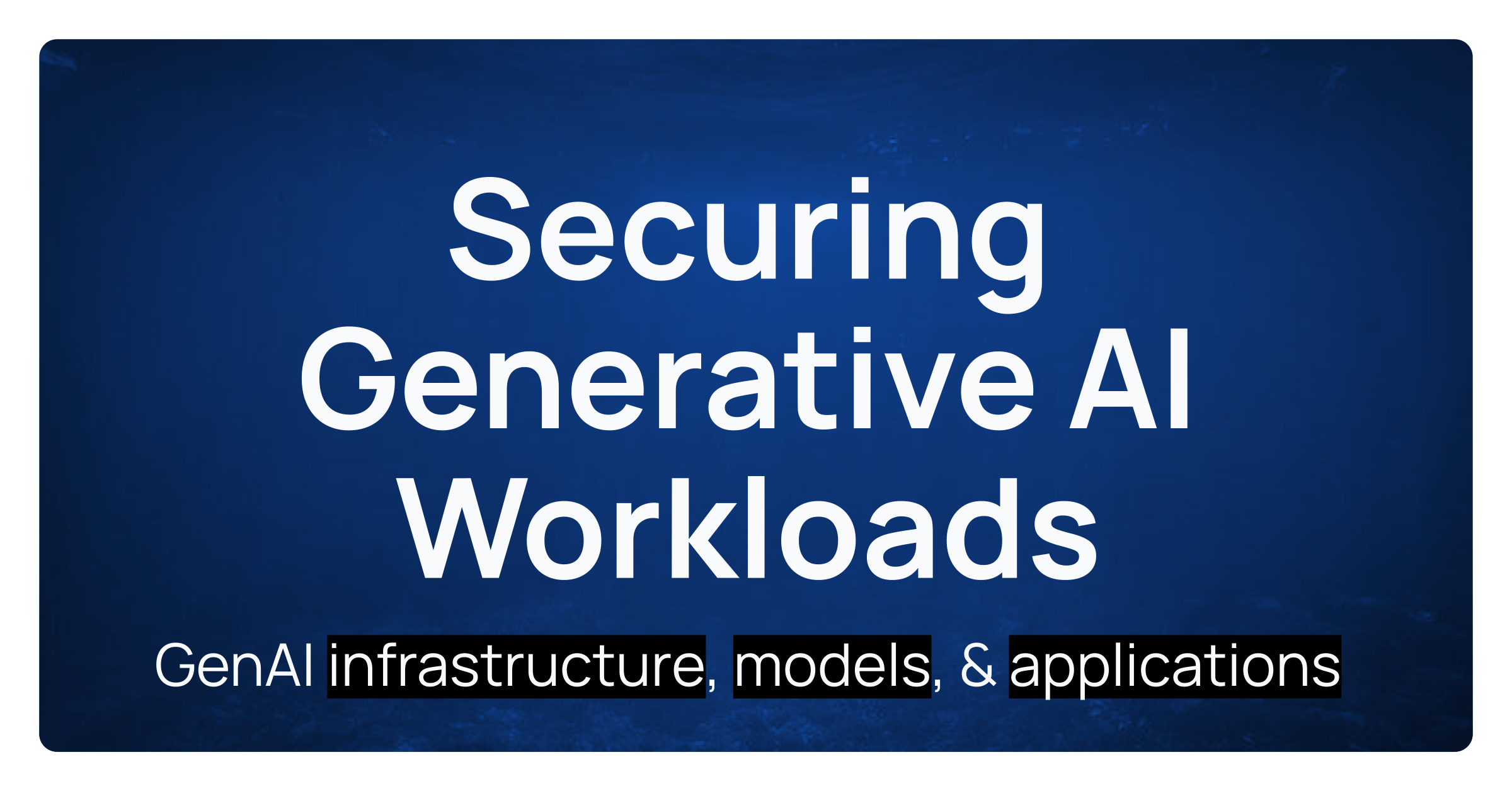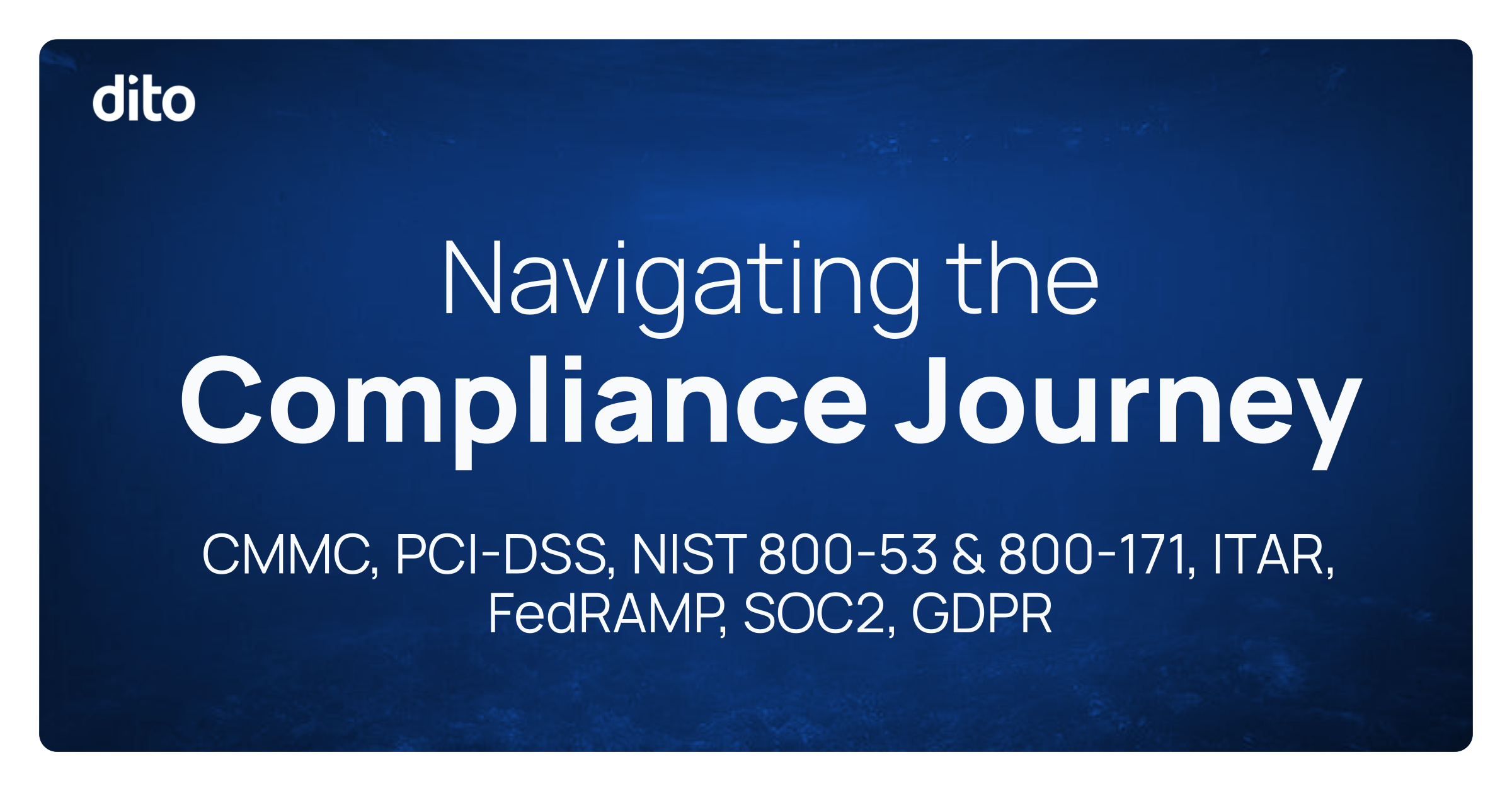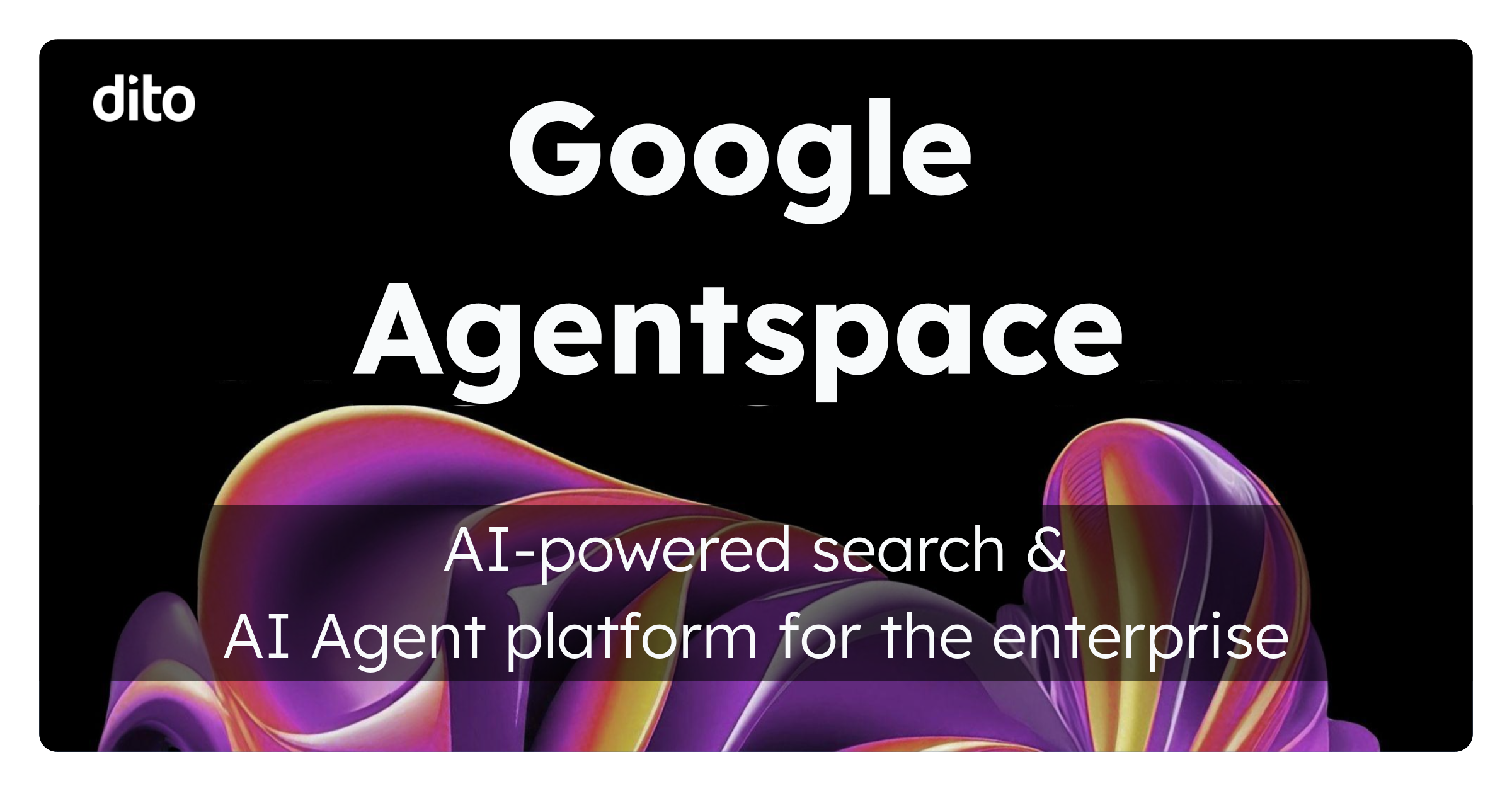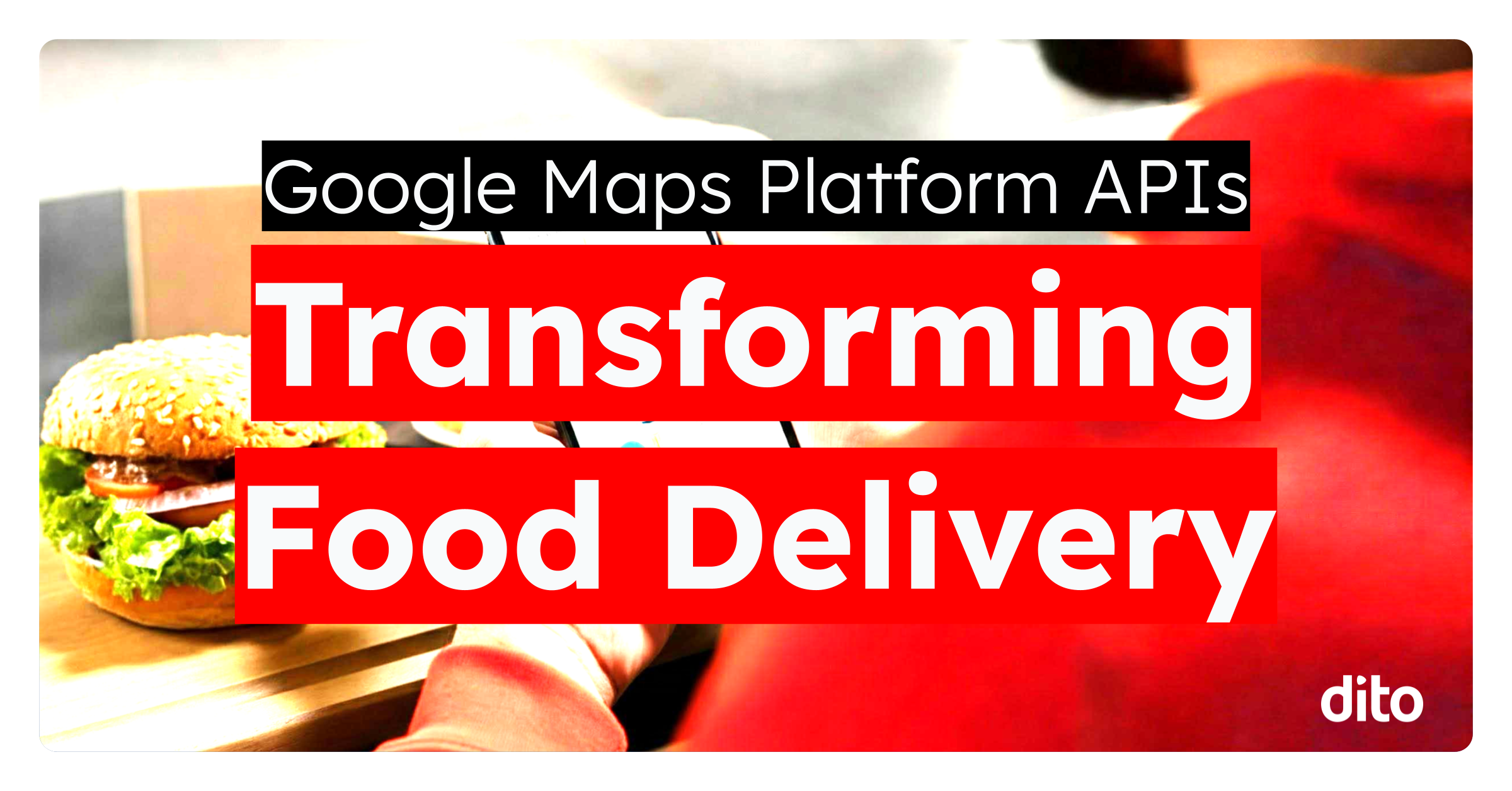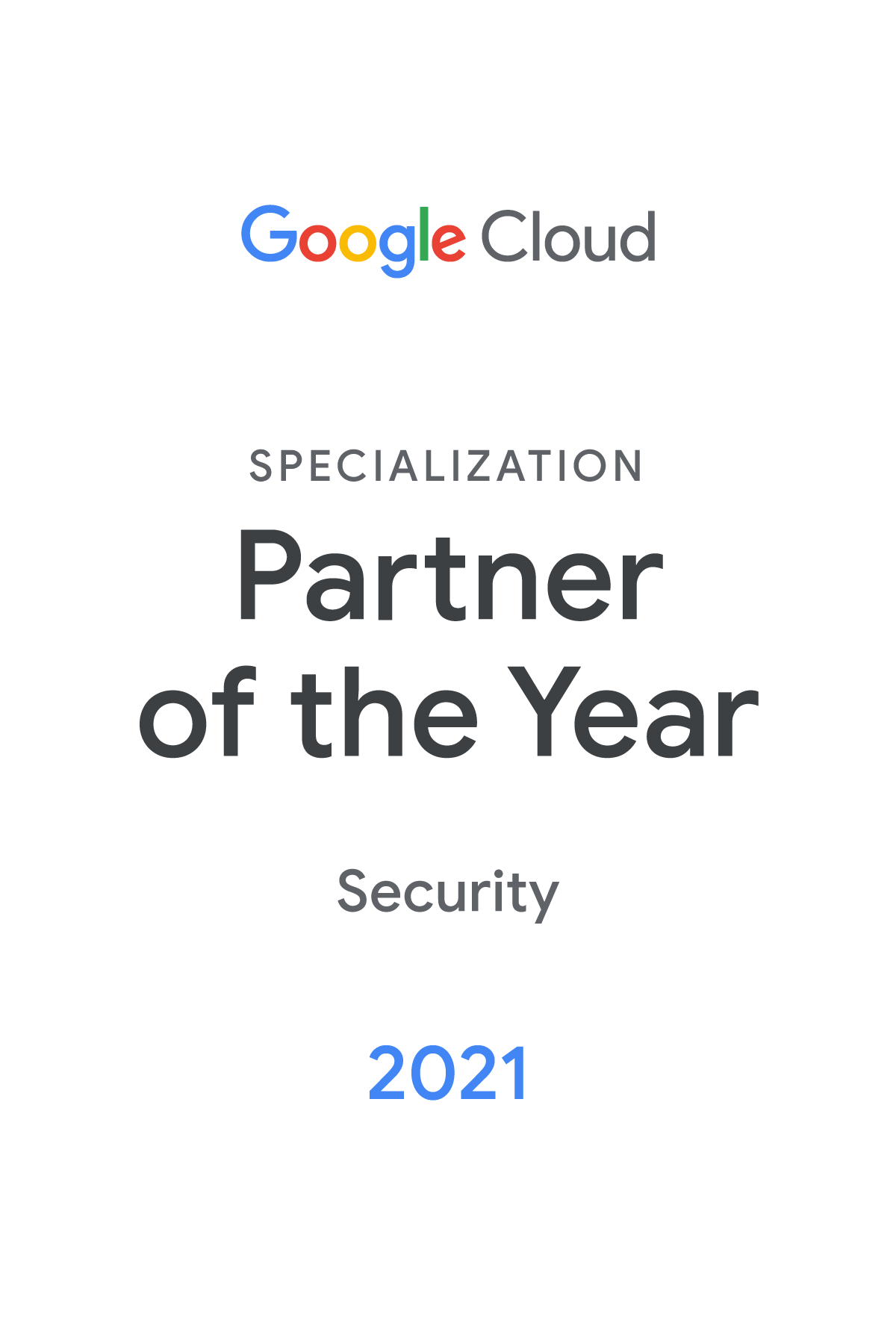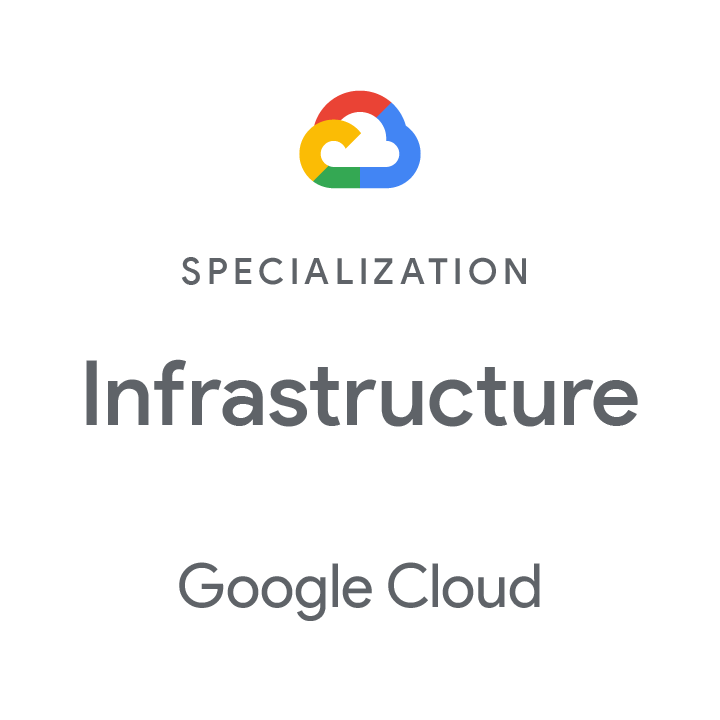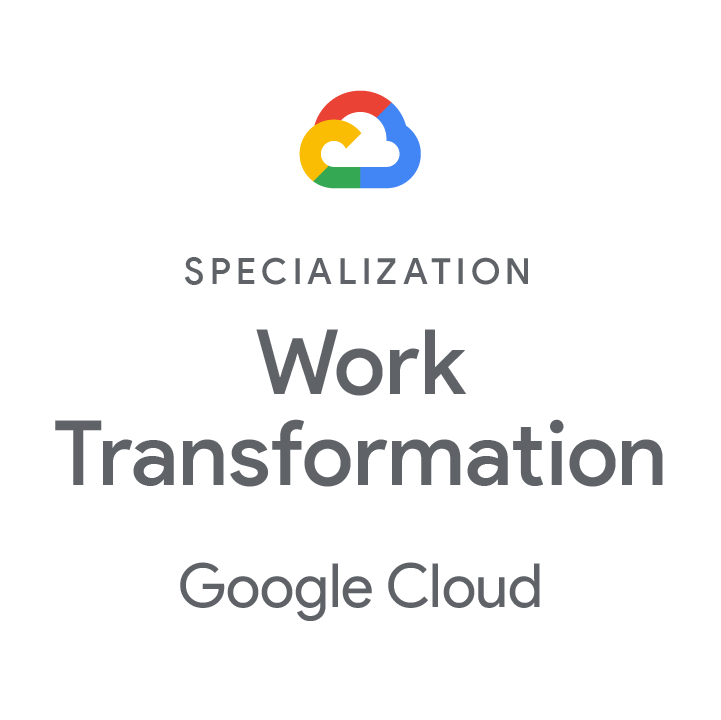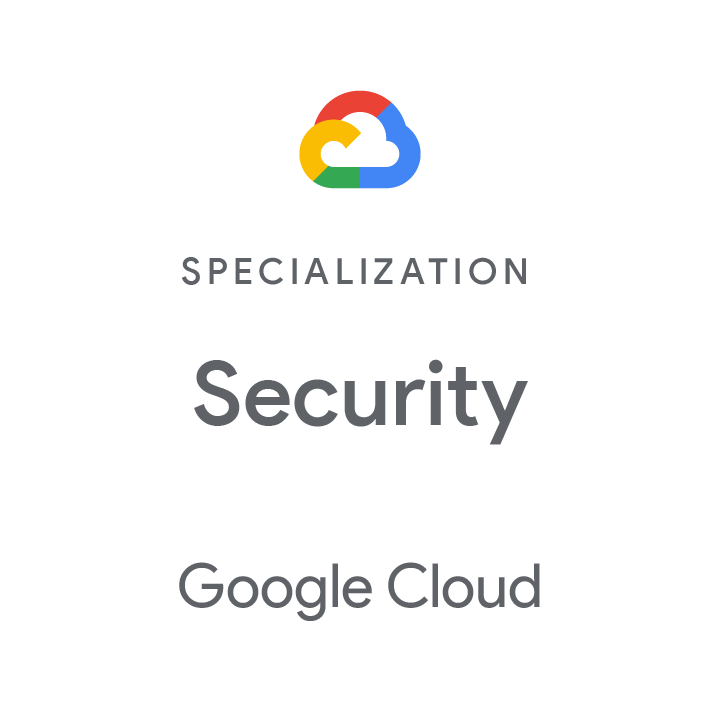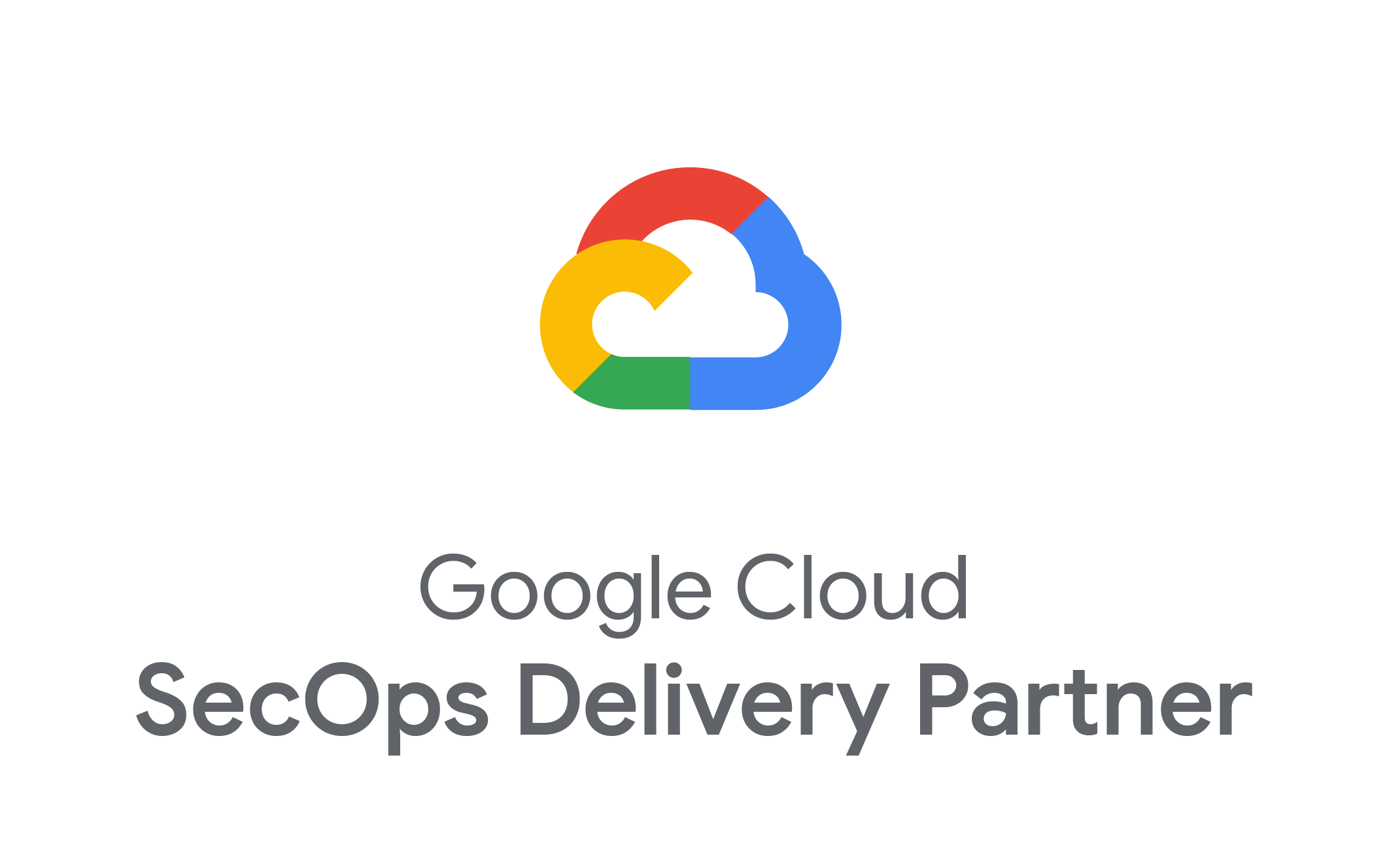The technology revolution that has driven innovation in the health care industry has entered a new era. The early days of electronic medical record systems and back-office digitization are well behind us. In their place, we’re moving into an era of maturing big data projects, a strong focus on patient experiences and efforts to unify data across diverse ecosystems within the chain of care.
Cloud computing is playing a central role in this deepening use of digital solutions in health care. The cloud is making innovation more accessible through a blend of cost efficiency and, in a few key ways, simplified management. Health care organizations don’t have to build large-scale data centers on their own to engage in the cloud; they can instead work with providers that can maintain HIPAA compliance.
The result is a situation in which health care IT leaders are often serving as cloud brokers, helping organizations find the right vendors and optimize their strategies. Managing the cloud is increasingly critical as cloud use escalates in the health care sector.
The Growing Cloud Market in Health Care
In 2018, the global market for cloud health care solutions was valued at $19.46 billion, according to Transparency Market Research. The sector will expand at a compound annual growth rate of 18.2 percent from 2018-23, bringing its value to $44.93 billion. Big data, wearables and the Internet of Things are fueling this growth.
These trends point to deepening use of digital technologies in health care and a strong need to not only gather data more intuitively, but make stronger use of that information through analytics programs. Cloud technologies can provide a unifying infrastructure and platform setup to simplify this process, and Google has designed cloud services specifically for the needs of health care organizations.
3 Google Cloud Features Perfect for Health Care
Streamlined Data Interoperability
Interoperability has long been the Achilles’ Heel in health care data digitization programs. Hospitals, clinics and physician offices deal with highly specific, often siloed medical records systems, billing solutions and specialty platforms (such as digital medical imaging equipment) that keep data separate. There’s a lot of competition between vendors and solution providers in the market, so standardized data integration is tough to come by.
Google Cloud empowers health care organizations to move past this challenge through a dedicated Healthcare API solution that can ingest, store and integrate data in diverse formats. This lets apps and services housed within the Google Cloud ecosystem to share information through easy API deployment that allows information to be centralized from diverse sources.
From there, Google builds machine learning into its cloud systems, allowing for deep analysis within interoperable data sets.
Simplified Population Health Systems
Data interoperability provides a major step forward in getting information to relevant users in a timely fashion and making deep analytics possible. However, population health can still be an elusive goal, even with integrated data, due to the challenges of maintaining HIPAA compliance once information is shared across multiple user types and organizations
The Healthcare API in Google Cloud is built for HIPAA compliance. It ensures data that is gathered and distributed for population health initiatives is properly sanitized and managed to avoid breaches. This is done through clinical data warehouses using BigQuery and Cloud ML Engine, and Google Cloud builds on this functionality with access to key public health care databases that provide additional data accessibility.
Managed Security
Beyond HIPAA compliance, Google Cloud also boasts a wide range of major certifications, both from tech industry bodies like ISO and health care sector specialists like HITRUST CSF. Google Cloud handles identity management and threat detection while also being designed with robust network security in mind. Drive productivity with G-Suite without having to worry about security issues emerging to cost you down the line.
Health care organizations have traditionally been forced to take a slow, measured approach to IT innovation in order to focus on security and regulatory compliance. Google Cloud accelerates the innovation process through built-in security and solutions aimed at solving the specific issues facing health care providers today.
Of course, while Google Cloud is powerful and accessible, any cloud migration comes with challenges. Contact Dito today to learn how we can help you migrate to Google Cloud and get your location-based marketing program up and running.


